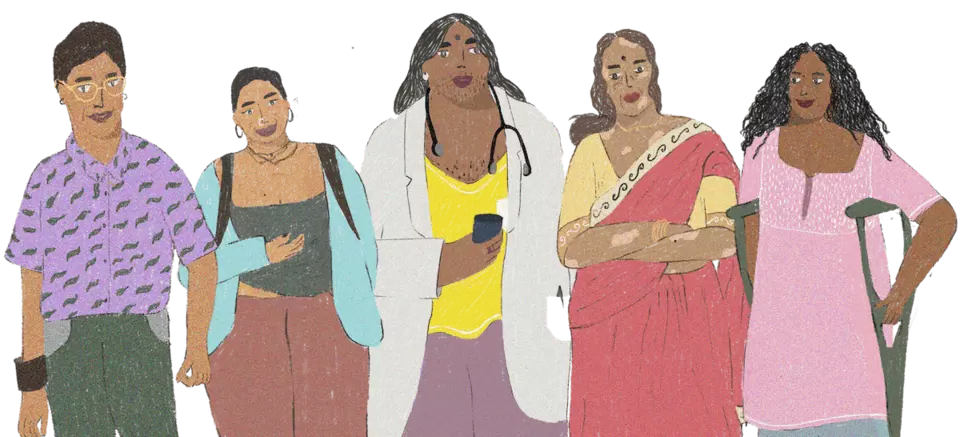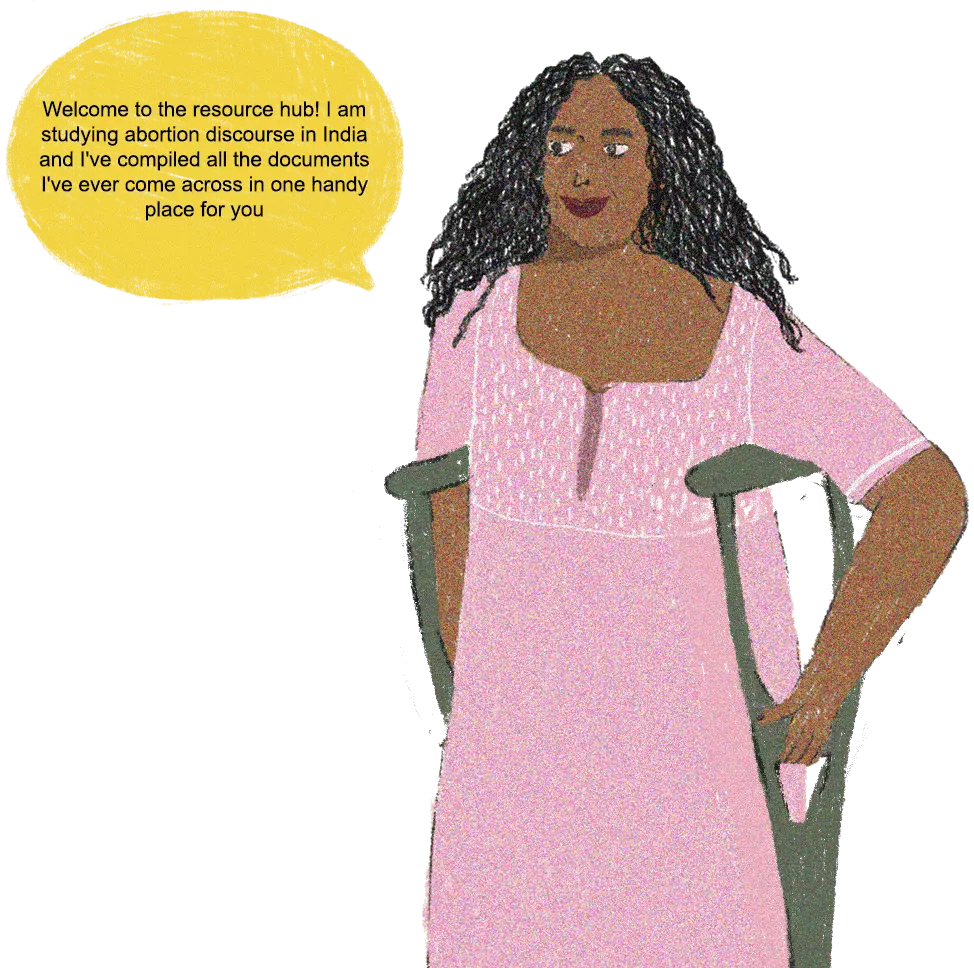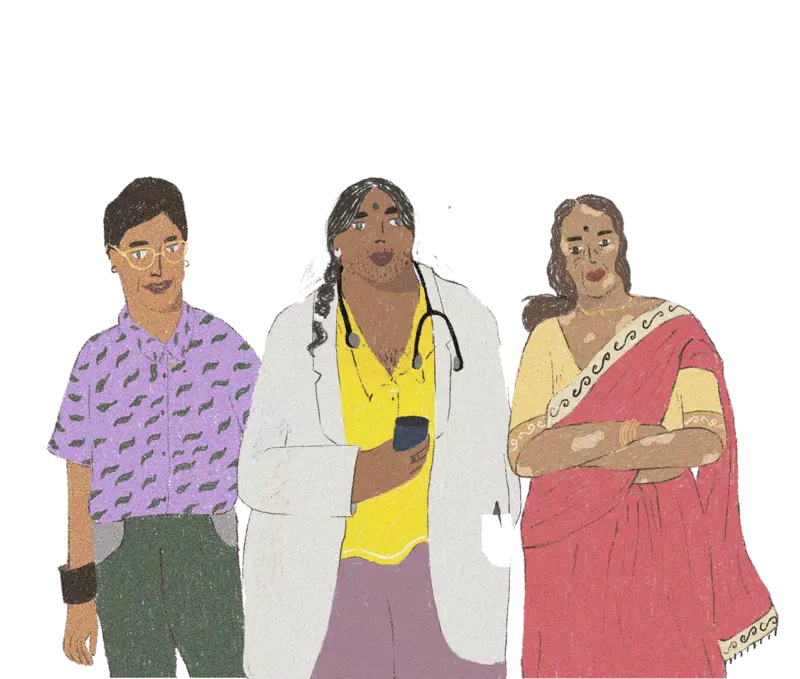SAFE Resource Hub
Demystifying and deconstructing abortion, one question at a time

Resources

Perspectives
Hover over the characters to gain perspective!







Hover over the characters to gain perspective!


© 2021 SAFE. All rights reserved | Privacy Policy | Credits
